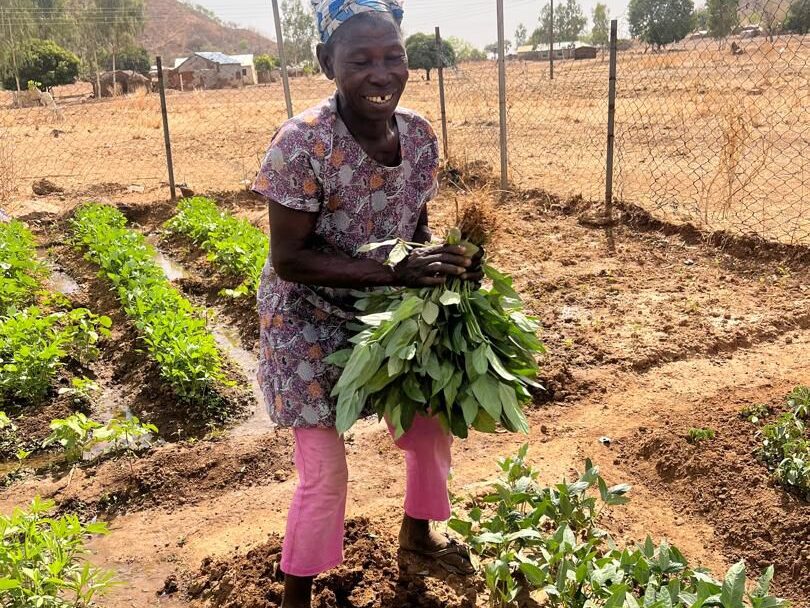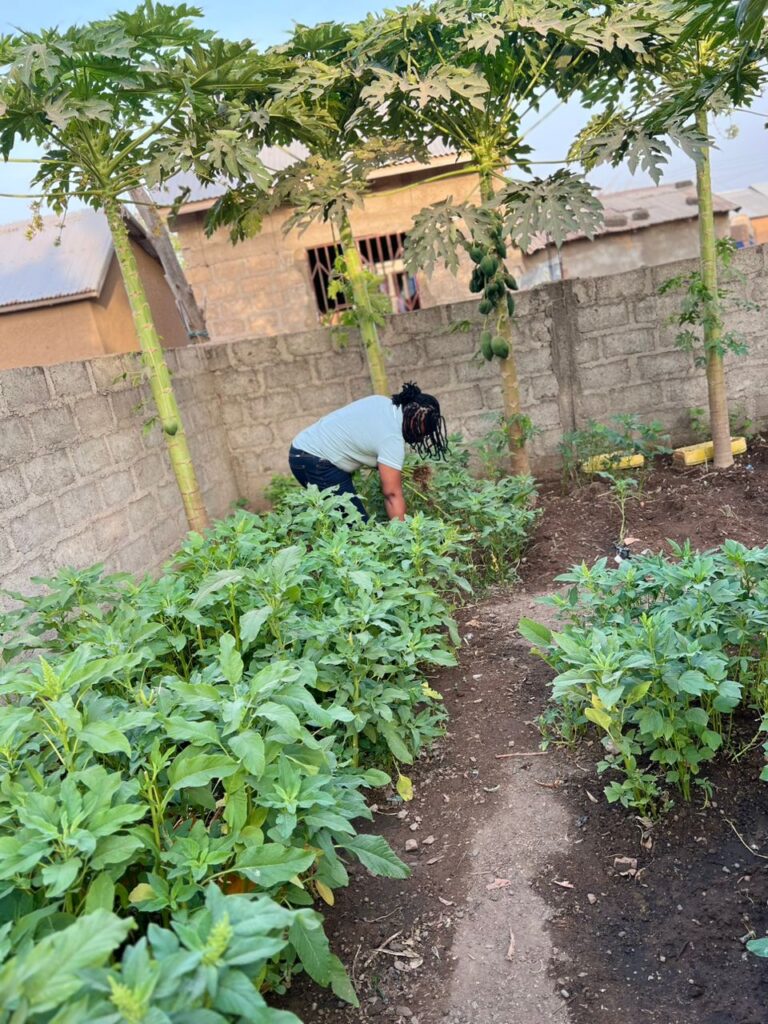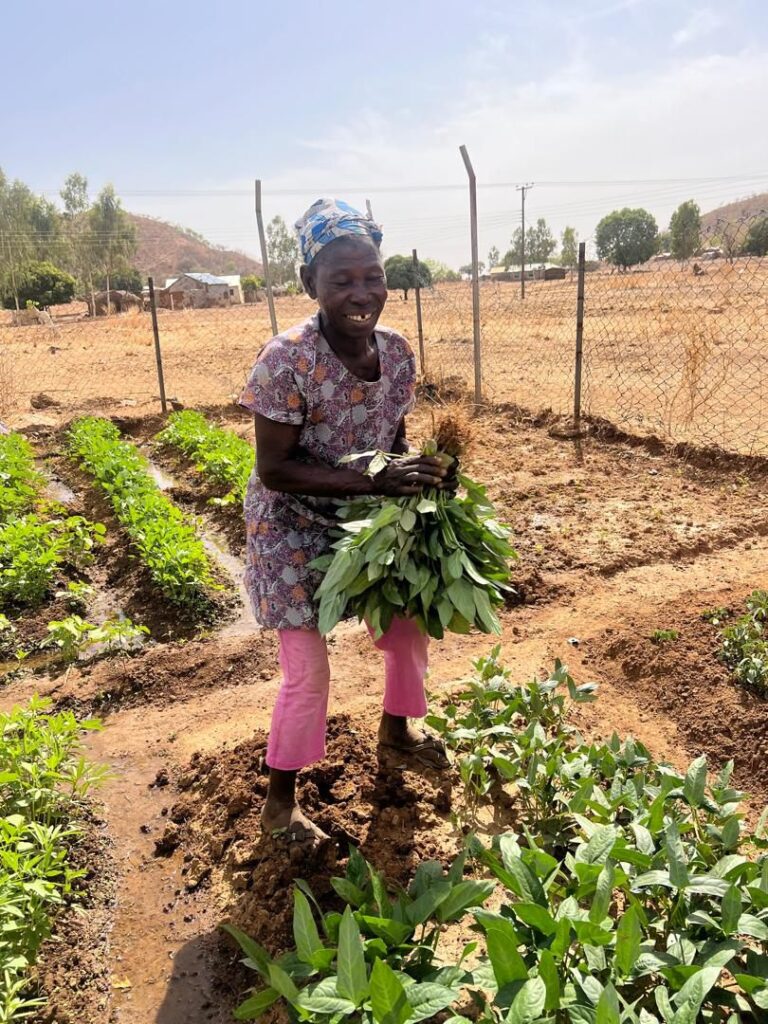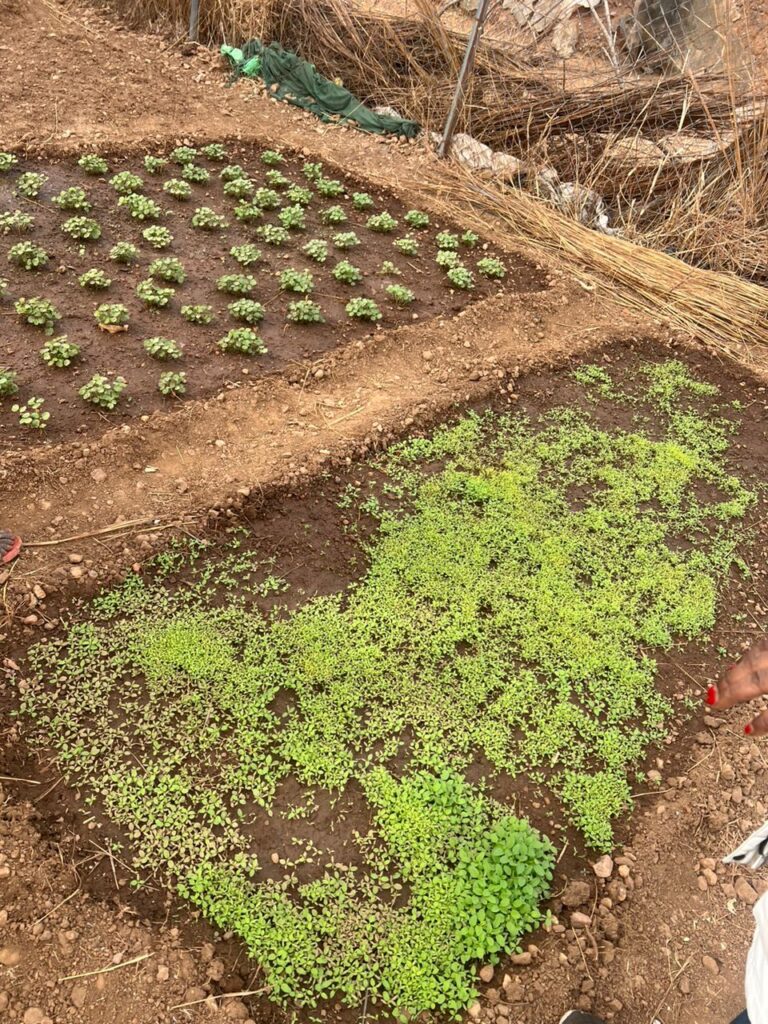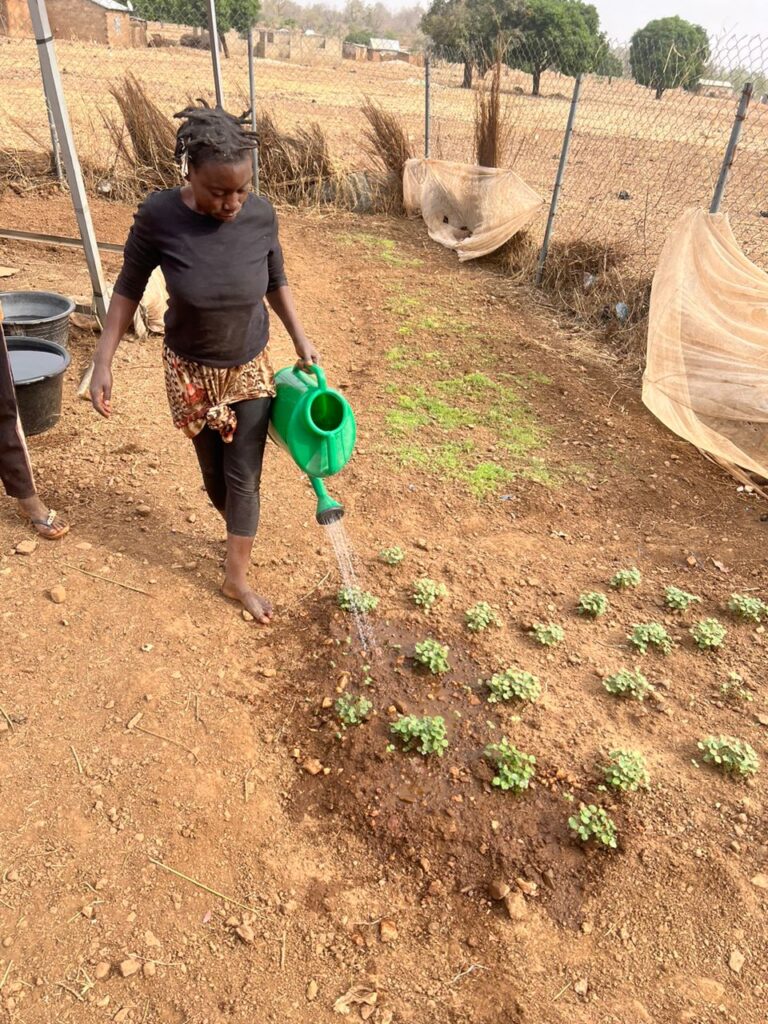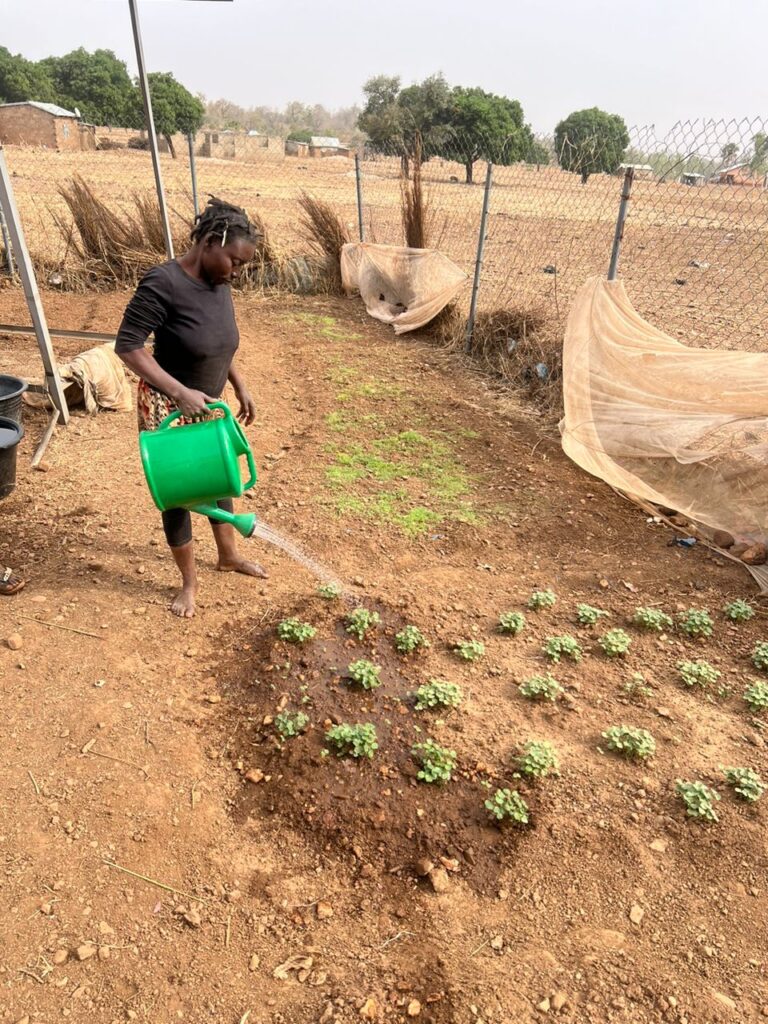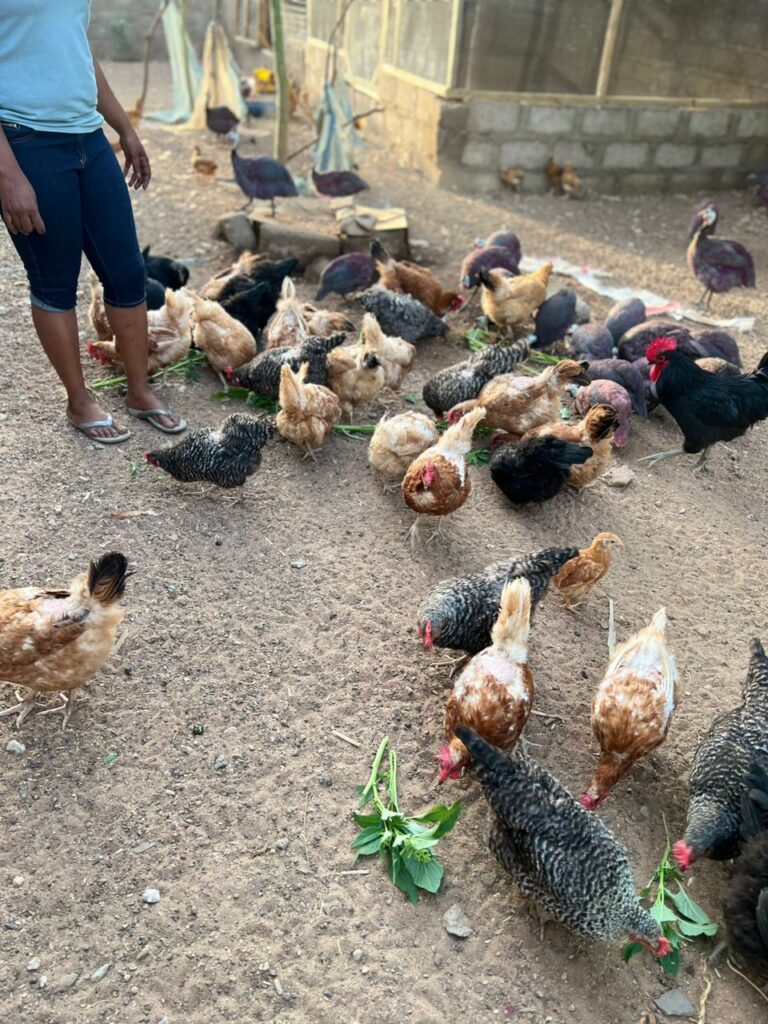The “Little-Space Gardening” concept is an innovative initiative designed to empower women by encouraging the use of limited spaces for vegetable cultivation. This approach is particularly impactful in urban and peri-urban areas where access to land is often restricted. By transforming small, unused spaces such as balconies, rooftops, and backyards into productive gardens, women can enhance their household’s nutritional intake and contribute to economic development.
Nutritional Benefits
Vegetable gardening in limited spaces allows women to grow a variety of fresh, organic produce, ensuring their families have access to essential vitamins and minerals. This is especially important in areas where fresh vegetables are scarce or expensive. By cultivating their own food, women can provide healthier meals, reduce dependency on market prices, and improve overall family health.
Economic Empowerment
Beyond meeting nutritional needs, Little-Space Gardening can serve as a source of income. Women can sell excess produce in local markets, generating additional revenue to support their households. This economic empowerment fosters financial independence and can lead to further investment in education, health, and community projects.
Environmental Impact
This gardening method also promotes sustainable practices by utilizing organic waste as compost and conserving water through efficient irrigation systems. It encourages the recycling of containers and materials, reducing waste and contributing to environmental sustainability.
Community and Skill Building
Through the Little-Space Gardening initiative, women can build a sense of community by sharing knowledge, resources, and experiences. Training programs and workshops can enhance their gardening skills, teach them about organic farming methods, and empower them with entrepreneurial skills to market their produce effectively.
Conclusion
The Little-Space Gardening concept is a powerful tool for empowering women to take control of their nutritional and economic well-being. By utilizing limited spaces creatively, women can transform their living environments, contribute to sustainable food systems, and drive economic growth in their communities. This initiative not only improves their quality of life but also promotes sustainable urban agriculture practices.

